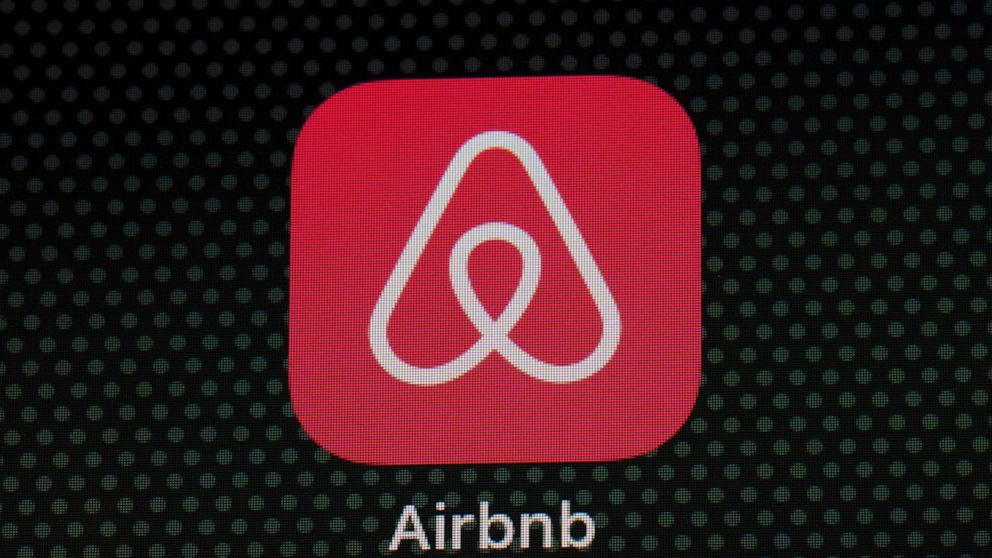Airbnb cuts 2Q loss to $68 million, COVID clouds forecast
Airbnb says it lost $68 million in the second quarter, but that’s smaller than losses it posted in the same quarter last year and in 2019
Airbnb said Thursday that it narrowed its second-quarter loss to $68 million and gave a bullish forecast for revenue, but the company warned that new variants of COVID-19 will make future bookings and cancellations harder to predict.
Airbnb said vaccinations, the containment of COVID-19 variants and restrictions on global travel will affect bookings for the rest of the year.
“We do not yet know how willing people will be to travel in the fall as compared to summer,” the company told shareholders.
The San Francisco-based home-sharing company’s stock fell nearly 5% in extended trading.
Airbnb’s business has picked up along with the recovery in travel that, at least in the U.S., began early this year as Americans began to get vaccinated against the coronavirus. Many vacationers have looked to avoid crowds and steer clear of hotels, creating an advantage for Airbnb and rival Vrbo.
The home-sharing companies are less reliant than hotels on business travelers, who have been much slower to get back on the road.
However, like airlines, the home-rental companies face new uncertainty because of the recent surge in COVID-19 infections. Last week, Expedia Inc., which owns Vrbo, reported that travel dipped and cancellation rates rose in July, and that the outlook for travel remains uncertain.
Despite the precarious state of the pandemic, Airbnb expects to post record revenue in the third quarter, “well above” the 2019 peak of $1.65 billion. That is based on a sharp rise in unearned fees, or revenue that — based on bookings — the company expects to receive after customers check in.
The company is spending heavily to recruit new hosts. CEO Brian Chesky said it is tweaking its product to appeal to people who are increasingly flexible about when and where they travel and who combine work and leisure for long trips.
Airbnb said that stays of at least 28 days are its fastest-growing category.
“Flexibility is now a permanent part of travel,” Chesky said on a call with analysts. “We are going to continue to see more and more longer-term stays, and I think this is going to help us smooth out our seasonality over the coming years.”
In the second quarter, Airbnb’s loss compared with same-quarter losses of $576 million last year and $297 million in 2019. It worked out to a loss of 11 cents per share, less than the loss of 36 cents per share forecast by analysts in a FactSet survey.
Revenue rose 10% over 2019, to $1.34 billion, beating analysts’ forecast of $1.26 billion.
The average daily rate for an Airbnb rental rose 41% from a year ago, to $161, which the company said partly reflected a higher percentage of bookings occurring in North America. It said price increases by hosts in high-demand destinations also boosted the average price.
———
David Koenig can be reached at www.twitter.com/airlinewriter
![]()


